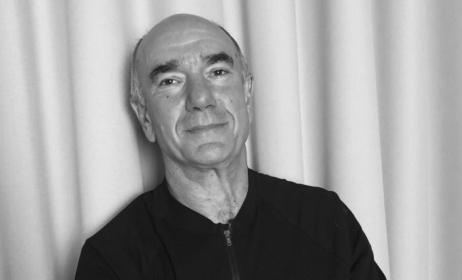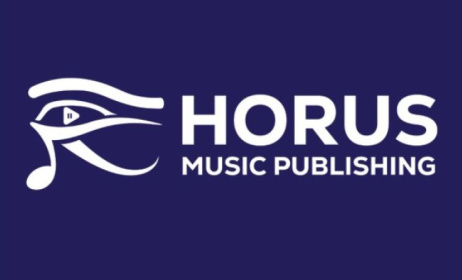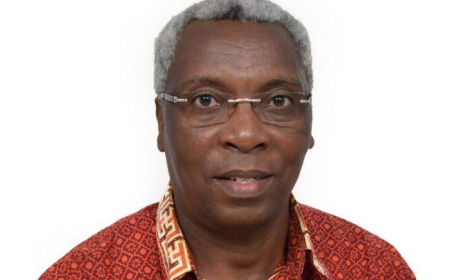Songwriters ‘encouraged’ as MTN starts settling debt in royalty dispute
The debacle over African cellphone giant MTN’s failure to pay music royalties to South African songwriters appears to be reaching some kind of resolution.
 MTN is paying back the money it owes South African songwriters. Photo: borneobulletin.com.bn
MTN is paying back the money it owes South African songwriters. Photo: borneobulletin.com.bn
Last week MTN was accused by the Composers, Authors and Publishers Association (CAPASSO) of failing to pay music copyright royalties to songwriters since 2013 and to declare music sales data and earnings for 2015. The network sells music via services such as its CallerTunez offering and MTN Play Store.
CAPASSO represents numerous songwriters, either directly or through publishers such as Ghetto Ruff, Sheer Publishing, Soulistic Music (part of Universal Music Publishers), CashTime Life (part of Gallo Music Publishers) and others.
The mobile network last week slammed CAPASSO’s allegations as being “devoid of all truth”. The company’s Larry Annetts said MTN was working with CAPASSO to “settle royalties for the current period” and had requested CAPASSO to submit a “revised and correct invoice in respect of invoices payable”.
Take-down notice
CAPASSO says it met with MTN on Friday 5 February. After the meeting, CAPASSO apparently sent MTN an official offer of settlement that required the mobile network to respond by 4pm on Monday 8 February. However, MTN apparently failed to respond to this offer, which included a call for the mobile network to stop “deflecting its copyright liability” to third-party content aggregators that sell music on to MTN.
CAPASSO CEO Nothando Migogo last week also accused MTN of selling “unlicensed” music by failing to enter into a music usage licence agreement with CAPASSO or its predecessor since 2010. This means that MTN was allegedly selling unlicensed music in contravention of the Copyright Act, which requires a third party (such as MTN) to seek permission from the owners of musical compositions before they can be sold.
“CAPASSO seeks a commitment from MTN to acknowledge that MTN is the music storefront and as such, MTN itself is liable for the copyright use and undertakes to enter into a licence agreement with CAPASSO in that regard,” said Migogo at the time.
Migogo rejected MTN’s claim that the only reason it had not paid the 2014 invoice was “due to disputed claims”. “We believe that had MTN truly intended to compensate the copyright owners as quickly as possible for music sales made in 2014, it would have paid the undisputed portion of the invoice (which amounts to 92% of the invoice) and communicated the dispute claims directly to CAPASSO,” she said.
CAPASSO subsequently issued MTN with a “take-down” notice on behalf of “fed-up songwriters” for MTN to remove their music from its stores. In doing so, they urged MTN to "cease the use, sale and other exploitation of musical works owned or represented by CAPASSO members" by Wednesday 10 February.
Despite the take-down notice, MTN’s music services were still online by the Wednesday deadline.
92% of invoices settled
Later on Wednesday 10 February, news emerged that MTN had in fact settled 92% of the CAPASSO invoice relating to music sales in 2014. The remaining 8% relates to the alleged disputed songs.
CAPASSO issued another statement that it welcomed this development and is also “encouraged by the delivery of 2015 usage reports” that were received. However, it noted that these still don’t indicate all sales made on the MTN platform.
“We are encouraged and hope this signifies the beginning of better engagement with MTN. We however still require MTN to take responsibility for all of outstanding copyright liability and to comply with the Copyright Act of South Africa. This means they must enter into a license agreement with CAPASSO before they continue to sell CAPASSO-member music,” said Migogo, adding that royalties received from MTN would be distributed to the rights holders in March.
MTN’s other troubles
The royalties dispute is just the latest in a series of troubles for MTN across the African continent in recent months.
In October 2015, the Nigerian Communication Commission (NCC) fined MTN US$5.2bn for failing to disconnect five million unregistered SIM cards. That fine has since been reduced to $3.9bn while the Federal High Court in Lagos last month moved to adjourn a case regarding the penalty to 18 March 2016 in a bid to get two parties to settle the matter outside court.
In December 2015, the Nigerian Copyright Commission (also called the NCC) filed criminal charges against MTN Nigeria over alleged copyright infringement of musical work from an Abuja-based musician, Dovie Omenuwoma-Eniwo, also known as Baba 2010.
Cameroon’s anti-corruption board last month also said that the mobile network owes R1.5bn (US$94 million) in taxes.


































Comments
Log in or register to post comments